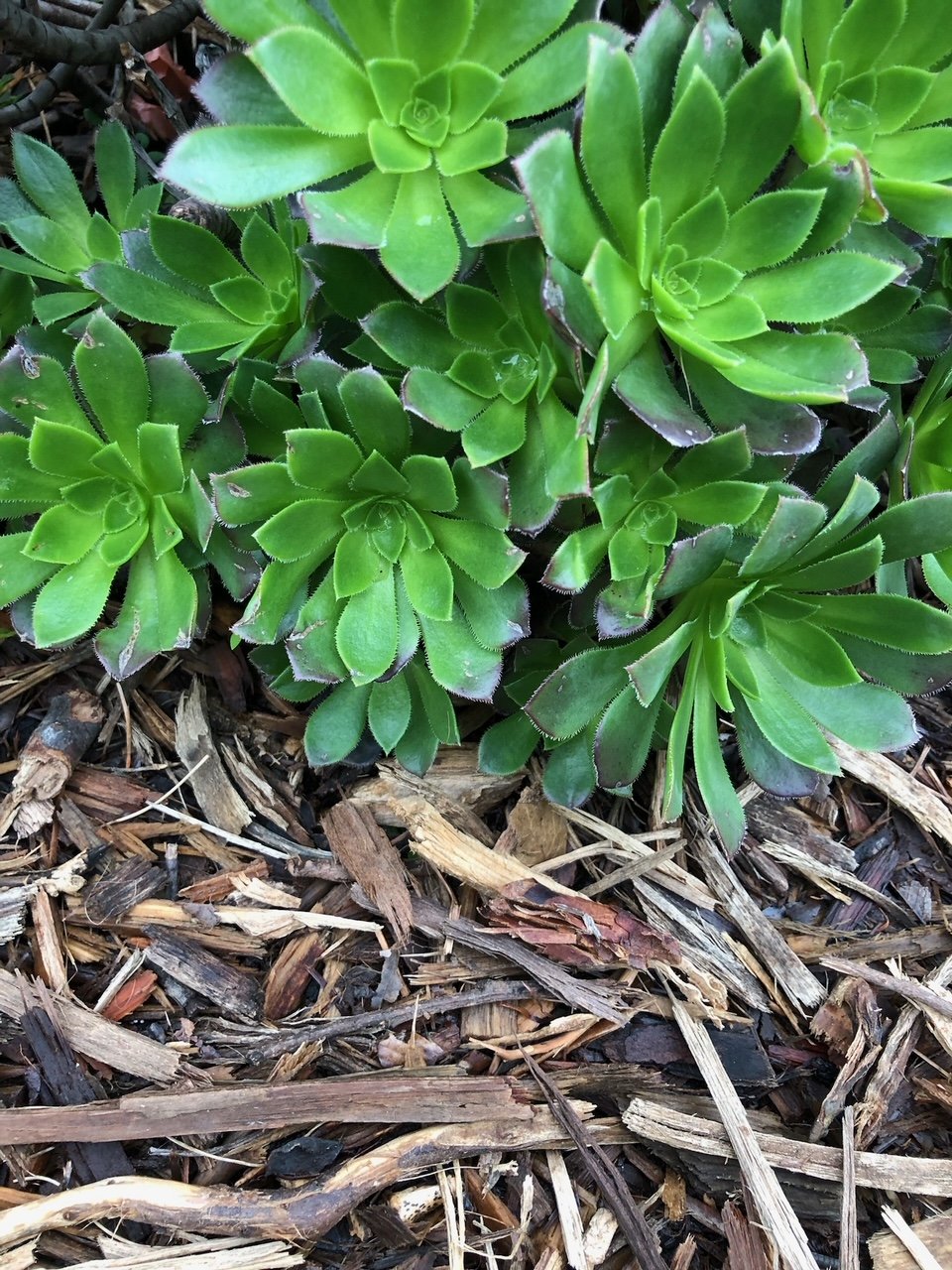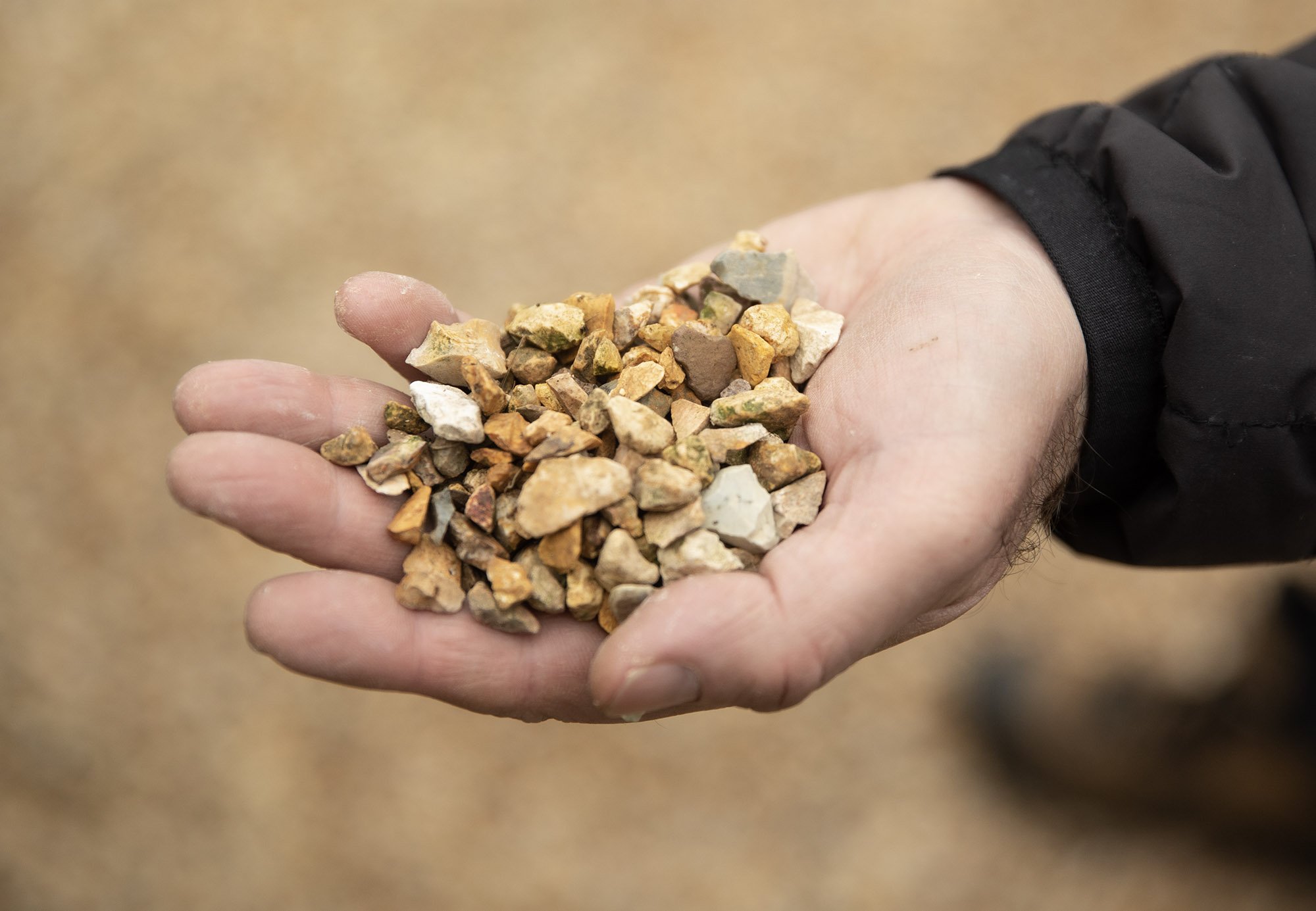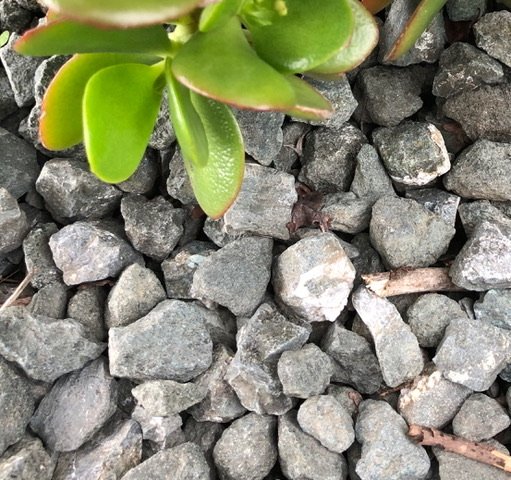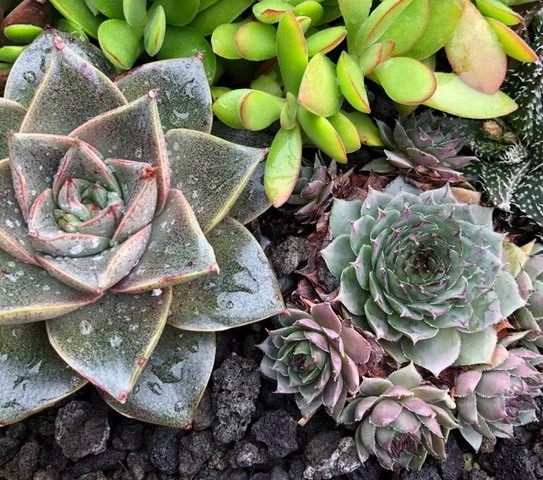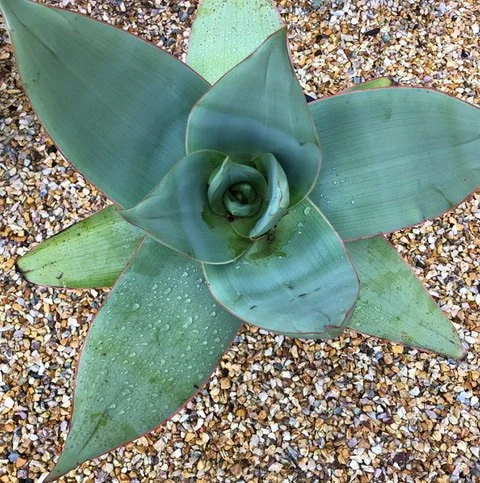The Joy of Mulch
By Josh
Mulch often seems like an afterthought for gardeners. But mulch is one of the gardener’s best friends. There are many different materials that can be used as mulch, but they all have similar benefits for the garden. Mulches shade the soil, keeping plant roots cool in the hot sun, and warmer at night when the air temperature drops. Mulch also helps soil retain water, so that the moisture levels are more even between waterings, and can reduce erosion from water runoff. Mulches can also reduce weed growth in the garden. Many types of mulch decompose over time, adding nutrients to the soil. Besides these practical reasons for using them, mulches just make a garden look nicer.
There are organic and inorganic mulches. The inorganic mulches include plastic sheeting, gravel, tumbled glass, and in some gardens, bowling balls and broken dinner plates. Obviously, these mulches are not going to break down and add nutrients to the soil, but they will perform all the other roles of mulch that are mentioned above.
Some plants, such as succulents and cacti, don’t like lots of organic stuff in their soil or at their feet. Inorganic mulches, such as pebbles, gravel and rocks, are ideal for these plants. I’ve seen tumbled glass used as a striking mulch in several gardens. There are few limits in terms of materials that can be used as inorganic mulch, so let your imagination run wild!
The organic mulches include straw, garden compost, leaves, pine needles, cardboard, newspaper, wood chips, bark chips, cocoa hulls, sawdust and lots of other materials. All of these are derived from plants and will break down over time, adding nutrients to the soil.
Generally speaking, no matter what kind of organic mulch you use, plan on using at least a 3-inch thick layer between plants. Keep the mulch away from the bases of plants in order to allow water to enter the soil and to keep the bases of the plants from rotting.
One important note about organic mulches- they can be flammable. If you live in an area that is prone to fires, you will want to check your local fire-smart safety tips. These may include not using organic mulches within a certain distance of your house and limiting the depth of organic mulches at certain distances from your house. Fine, stringy mulches tend to ignite and burn easier than chunky mulches, so these are not recommended in these areas.
Depending on the material you want to use, there are many sources for mulch. One local source of composted mulch and wood chips is Bayview Greenwaste Management Company. You can contact them if you are interested in getting some mulch for your garden - they make their mulch from the contents of San Francisco’s green bins.
A thick layer of mulch keeps soil moist and cool during hot days. An added benefit of this thick mulch is that the weeds that do manage to grow are usually really easy to pull out!
